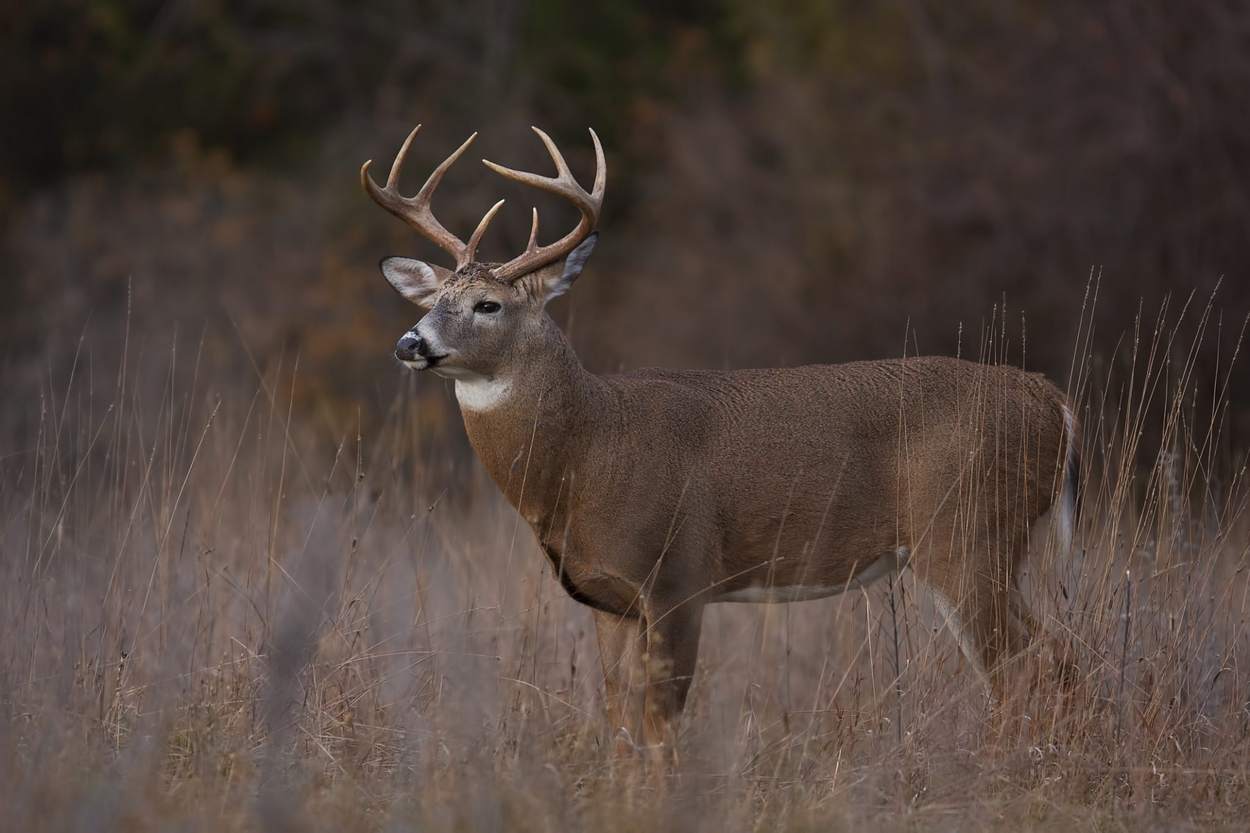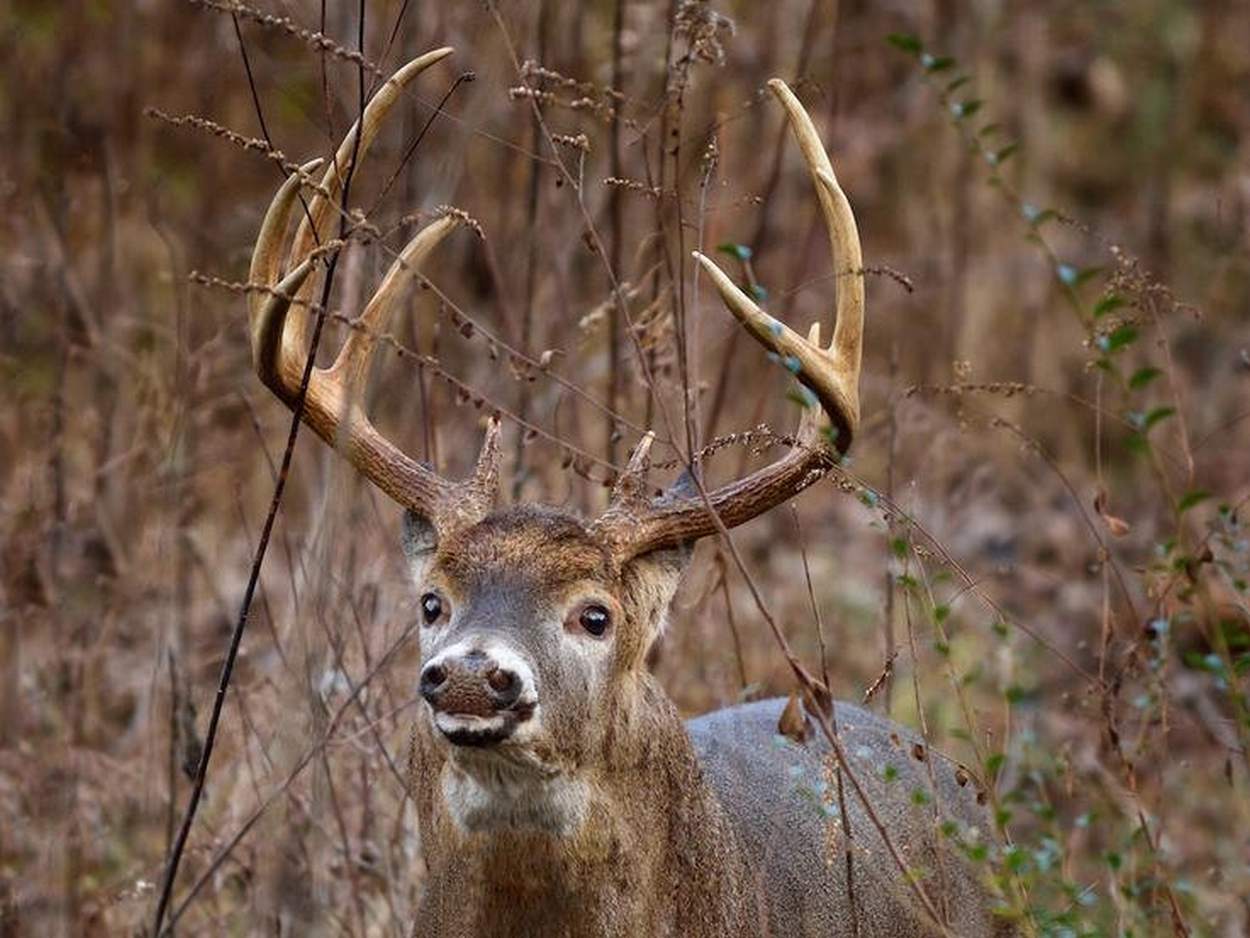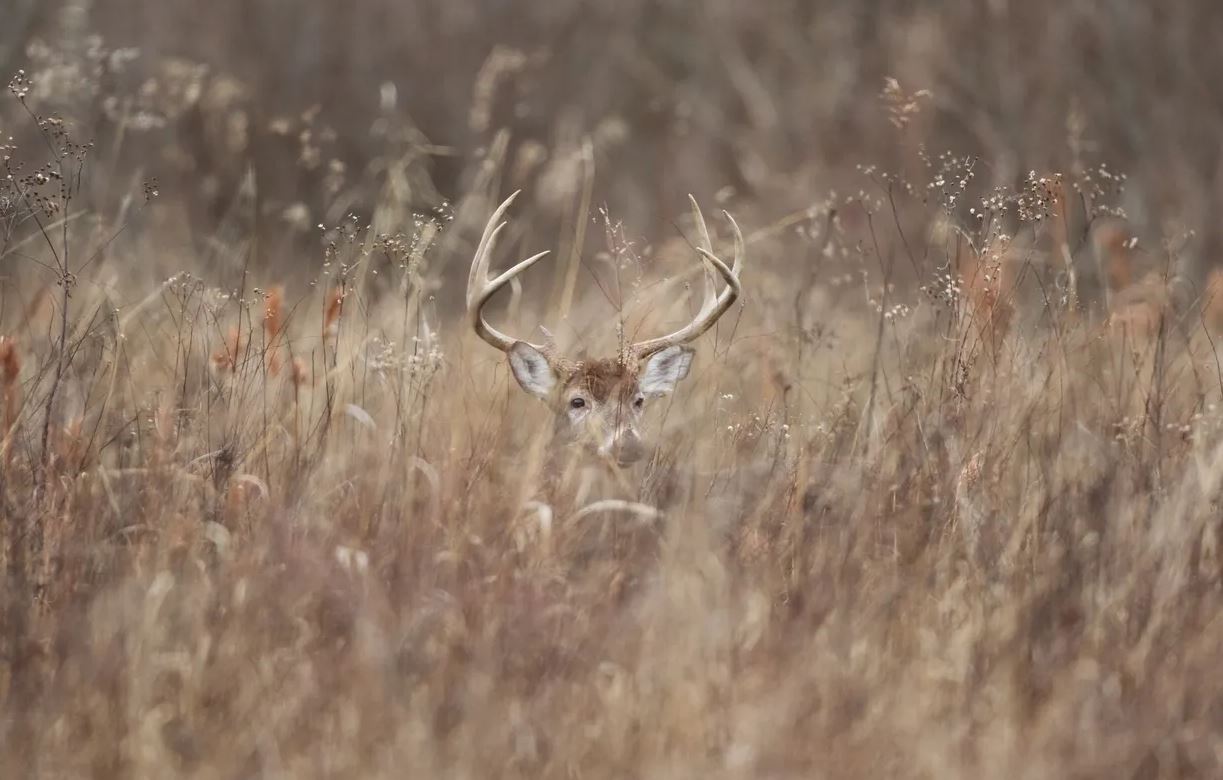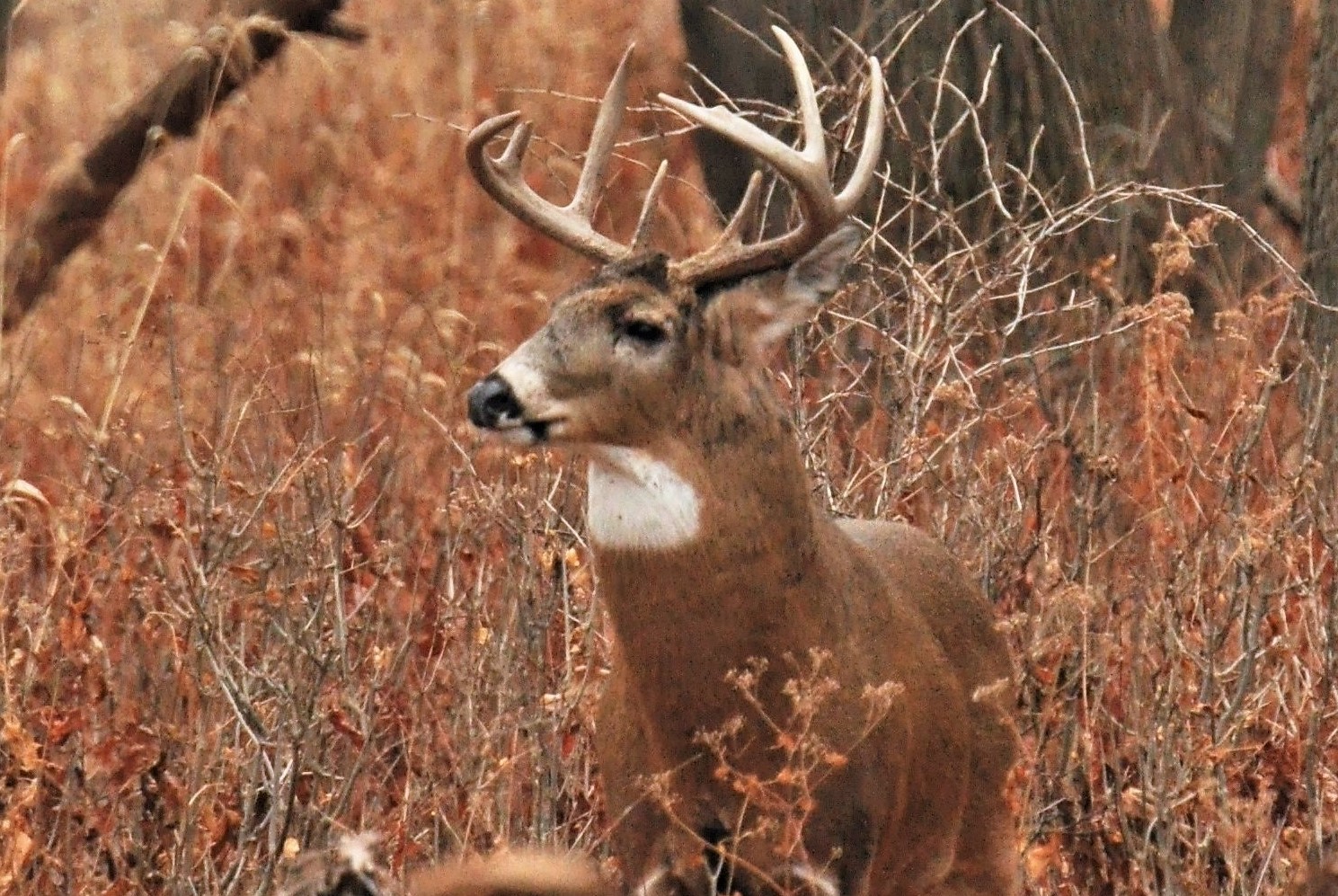Whitetail Sounds
Typically, we hear or see whitetail does snort, but do bucks blow too. In fact, bucks will blow at you in the same situation as does, but older bucks do not always reveal their location by making such a racket.
White-tailed deer are one of the most hunted game animals in North America. They also have strong populations found throughout the US, with numbers in many cases exceeding the optimal carrying capacity of the landscape. When deer numbers are inflated, it’s tough on both native plants as well as a deer herd, but white-tailed deer keep on doing what they do. Deer are survivors.
Whitetail are keen animals. They have several senses that help keep them safe, but they also give physical and auditory cues to other deer in the area. This article discusses one of the sounds that whitetail deer use to communicate to one another, the snort or blow.

What is a Blow or Snort Sound?
To a hunter, the sound of a buck or doe blowing is the worst sound in the woods. The sound means something is out of place. Deer know what the woods are supposed to smell like and a loud blow, snorting sound means they know something is there that should not be. Often times, hunters realized that they have been “busted.”
Every deer within earshot of the deer blowing is on full alert and is probably going to leave the area. Game over for that day or maybe even a few days.
The sound of a deer snorting is quite unique. The sound is created by deer forcefully expelling air from their nose. It sounds exactly like someone saying as loud as they can, “Shhhhhhhhhh,” as if telling you to be quiet, but incredibly loud.

When Will Deer Blow at You?
White-tailed deer have incredible sniffers on them. Bucks, does and fawns can smell really well with their nose, which is their best way of detecting predators, intruders. If sitting still, deer are much more likely to smell you they see you. Once they smell you, get ready for a loud snort!
Deer snort to tell the intruding person or predator that they are aware or their presence and also to let other deer know that something is awry. From my experience, does are much more likely to snort than bucks. Bucks do blow too, but younger bucks are more likely to snort than older bucks.
It seems older bucks are more averse to blowing and snorting because they just want to get out of there. So although bucks can and will snort, mature bucks are more concerned with getting away from the intruder than providing the intruder with its location.

I’ve observed this behavior a number of times while hunting. When an older buck traveling downwind of me picks up my scent, rather than blowing to alert other deer he simply slips back into the woods in the direction he came (where it is still presumably safe). I’m sure this happens more often than hunters realize because in dense cover we can not see very far, but deer can pick up scent for a long ways downwind.
This is why deer hunters employ scent control strategies. Hunters try to minimize human scent and typically position themselves downwind of traveling and feeding deer. Deer can not smell you if your scent is headed the opposite direction.
Where Will This Happen?
A deer smells a variety of scents in its environment. Some are perceived as okay, some no so much. A whitetail knows which smells are normal and which ones are out of place. This is one reason why a deer living in an urban environment may not snort at you, but a young buck out in the country will blow at you 300 yards away. Different environments.
There is also a certain “scent threshold” that must be exceeded to alarm a deer. A faint scent and a deer knows there is something way out there, somewhere, but likely not a threat. However, a nose-full of human scent and the deer knows you are there, very close, and is suddenly on high alert. Get ready!
In closing, white-tailed deer use the action/process of blowing and snorting to alert both the intruder and other deer in the area. Both does and bucks do blow when they smell something out of place and they will blow at you, especially when you are in close proximity and they can smell, but not see you.

Hello, I’m an avid hunter and have been all my life. I was Hunting this morning and a 5 point walked behind me in my tree stand went and ate underneath my feeder for probably 15 minutes then 40 or so yards to my right i hear a deer blow! It’s so thick where i hunt And i know it didn’t see me but how could it smell me when no wind is blowing? My thoughts were it might of been a mature buck warning the other young 5 point there is something wrong but still don’t understand if it smelt me or not? Please any info will help
Bradley, it sounds like at least one deer did smell you. Whether it was a buck or doe, old or young, we don’t really know. I am going to assume the 5 point buck is only a 1 1/2 year old deer, so probably not the most keen whitetail in the woods. Younger deer are not as seasoned as more mature deer.
With no wind, your scent will begin to settle around you. A sustained wind is much preferred over no wind when hunting deer for this reason. The other deer that blew at you most likely did smell you, is likely older, more aware of its surroundings, and decided to sound the warning.
The only other explanation is that the deer blowing had nothing to do with you and was alarmed by another animal or scent in the woods. Possible?